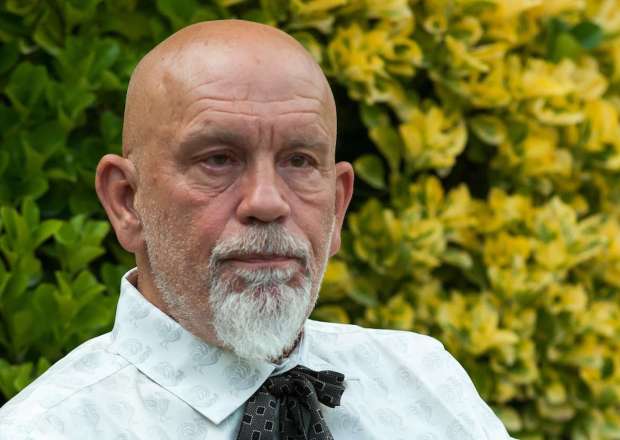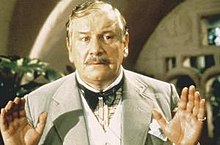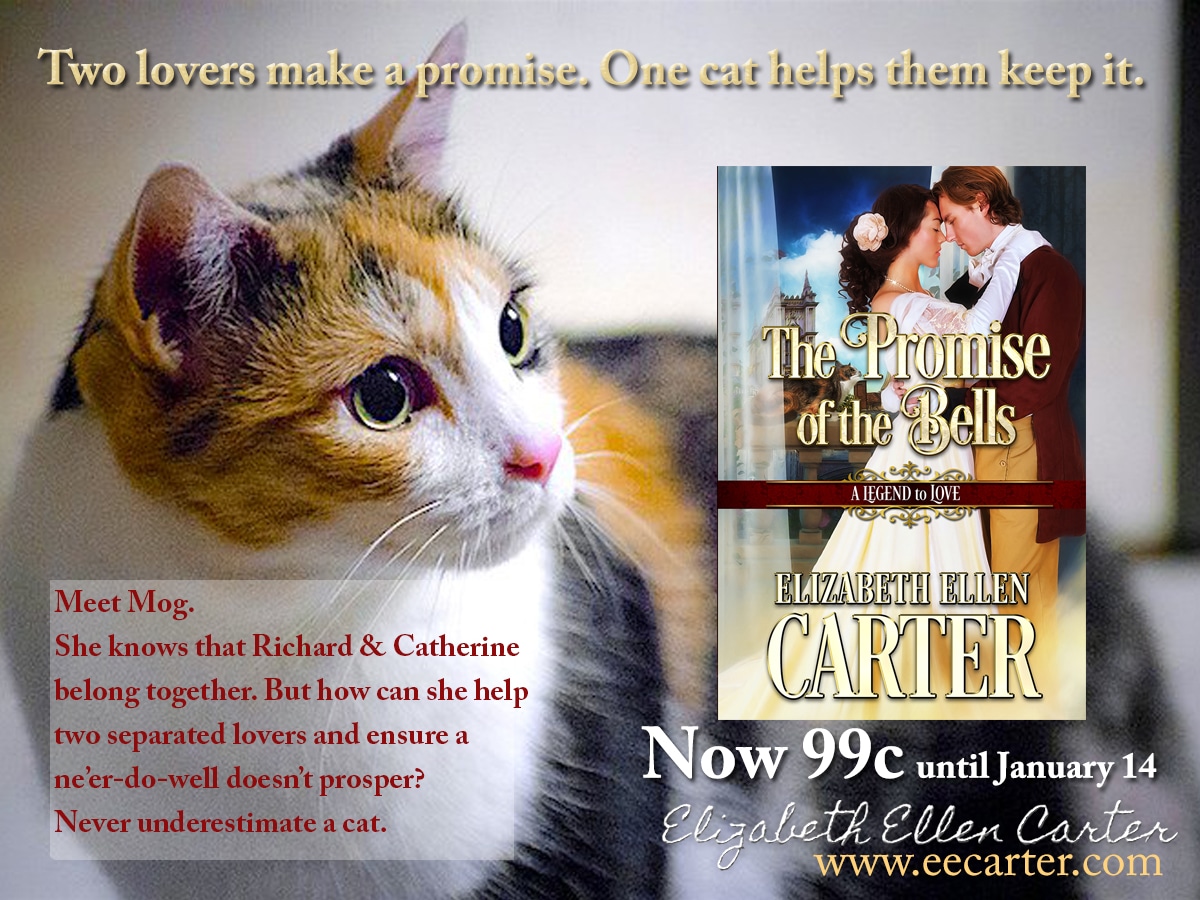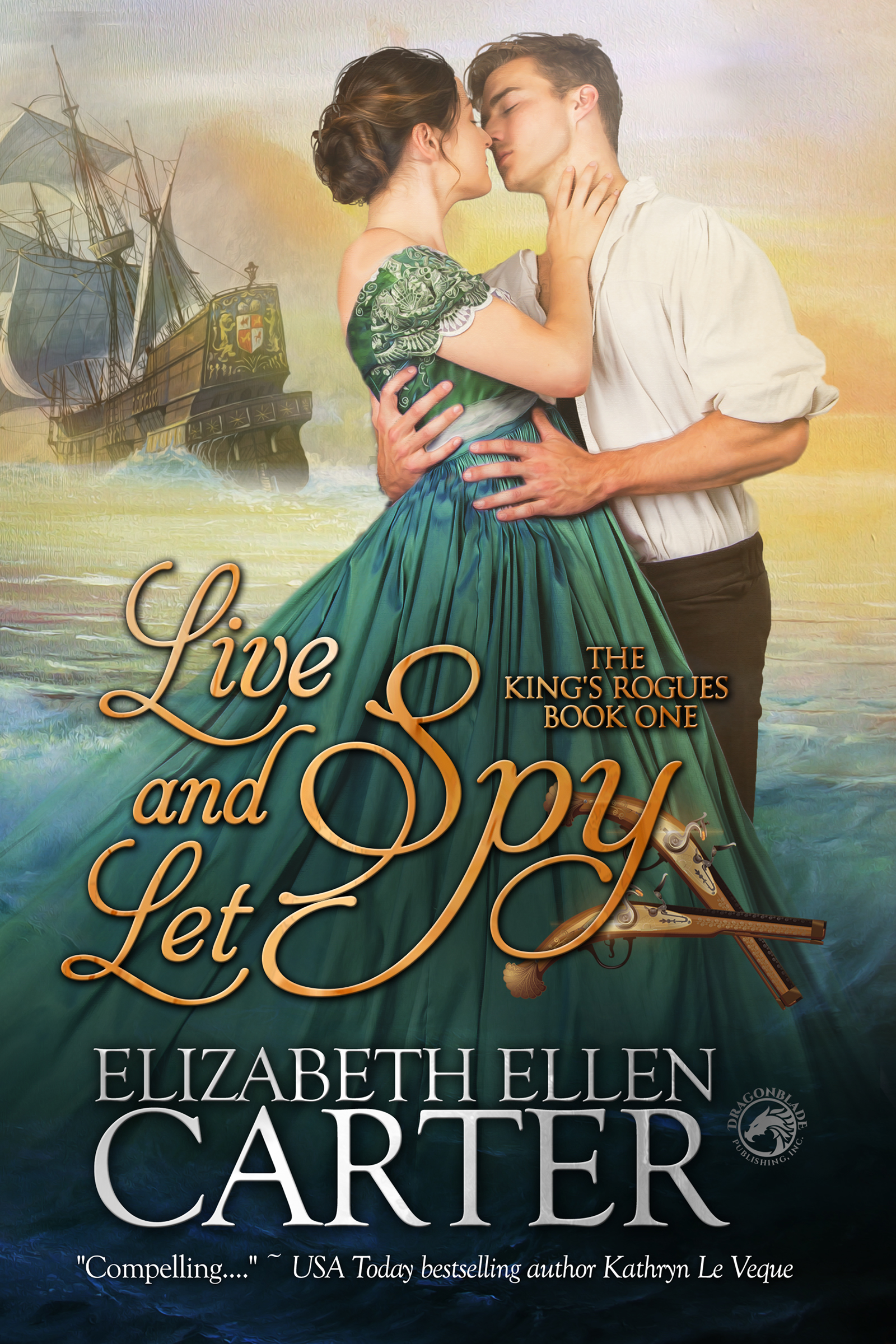It’s Christmas and yet another Christie adaptation. But don’t count on the BBC bringing a faithful adaptation. That’s not the way we do things in 2018.
I read in the paper today that TV script writer Sarah Phelps, who has written the adaptation to Agatha Christie’s ABC Murders make a rather incredible observation – Christie would have included sex, drugs and swearing in her novels – ‘if only it had been acceptable’.
What a load of tosh!
‘She was a dispensing chemist. There was a woman who knew the difference to life and death that a grain of morphine could make,’ she said.
‘Don’t tell me this woman is a stranger to controversy, that she is a stranger to blood and guts.’
Well, duh. Christie was a nurse during the First World War and indeed her pharmacological experience is evident in many of her novels – weed spray, strychnine, arsenic… There’s been an entire book written on her use of poisons.
The fact that she was no stranger to blood and guts is very likely the reason why Christie wrote works that fall into the realm of cozy mysteries.
She told this week’s launch of her dramatisation that Miss Christie ‘may never write a lot about sex and swearing and drug taking, but I am sure she would have if she could.’
Really? What prevented her?
Society? I hardly think so.
Christie worked in the era where hard-boiled fiction flourished. Noir and exploitation crime novels also existed in abundance during Christie’s lifetime. If she had wanted to write in that style, she would have done.

There is only one Hercule Poirot, n’est pas?
A more likely scenario is that Christie, shaped by the horrors of the First World War eschewed the vulgarity of sex* and swearing on the pages of her stories in favour of crime and murder mysteries with a clear cut morality – the villain is always caught.**
The ABC Murders has been described by David Suchet (the best and definitive Poirot) as his favourite Poirot mystery.
And no surprise. It’s a fascinating drama with a striking villain but I do have concerns about this adaptation, the first of which is the casting of John Malkovich as Poirot. He is not as Christie describes him (neither was Peter Ustinov) for that matter.
- Colonel Sanders – er, John Malkovich, plays Poirot in the BBC 3-part adapation of the ABC murders.Mandatory Credit: Photo by JEAN-MICHEL NOSSANT/SIPA/REX/Shutterstock (9017094c)John MalkovichJohn Malkovich photocall, Francophone Film Festival, Angouleme, France – 21 Aug 2017
- Peter Ustinov – love ya work, but you were never Poirot…
Also of concern is how political revisionism rears its ugly head in which the screenwriter conflates Trump and Brexit with the pre-World War II rise of ex-Labour MP Oswold Mosley and British Union of Fascists.
Viewers will see parallels between 1930s fascism and Brexit Britain, the show’s writer has said.
“Hercule wasn’t born in Britain but made Britain his home during the First World War. In the 1930s, things were very much like they are now. The British Union of Fascists started to gain real traction in a really shocking way that people perhaps don’t know about.
“The language of it is exactly the language of Brexit and Trump. It’s all the same. Economically everything falls apart, with divisions sown and people looking for a scapegoat.”

The original works by Agatha Christie (original & unrestored) depicted at left. At right, the BBC adaptation of the ABC Murders.
Many commenters on the Telegraph piece point out that, ironically, a European Union was the goal of Oswald and the British Union of Fascists as evidenced by their Europe A Nation manifesto.
Regardless of what you think about that issue – and nothing you read from me here should infer my opinion on the topic one way or another – those adapting great literary works should bring fresh light to the story as it exists, not as one wishes it to be.
Like changing the villain.
It’s one of the things screenwriter Phelps seems to relish:
She admits cheerfully that she has changed the ending of Ordeal by Innocence: “I have done a bit of a number on it because it’s one of those books where people talk a lot but nothing much happens.”
Does she worry at all about purists complaining? She snorts. “Oh purists. Anything that’s purist is deeply problematic to me – I think it’s a philosophy that’s dangerous whether applied to books or to larger considerations of policy and philosophical thought.
“I don’t give a bollocks about people saying it has to be pure. No, it doesn’t. If you want a pure adaptation, go and get someone else to do it.”
Historical revisionism of past works – whether it be comic books or great literature of the world – must stop. It is akin to cultural vandalism. If one wishes to examine issues through a particular lens, then why not create you own art to do it?
Amy Glynn from Paste Magazine sums the issue up brilliantly:
But it’s freakin’ Agatha Christie. A heavily adapted, well-known, canonical writer of popular fiction whose work you have probably seen, read, or felt the influence of if you are at all culturally literate. So, let us once again ask a couple of questions: What is up with the near-pathological urge to produce endless (endless) modernized remixes of works that have already been adapted for stage and screen (in some cases many times) when there are oceans of untapped, spankin’-new content ripe for the treatment? And is anyone concerned about the specific trend in how these old chestnuts are being adapted? Because without undue spoilers, “This version is significantly darker than the original” would be putting it mildly—and apolitically. Which leads to yet another question: What are the assumptions or motivations of the writers doggedly producing the Abnormal Psychology Alternative Literary Canon? I mean assumptions with regard to audiences. This is not rhetorical: I seriously want an answer. I realize I am much more likely to get screeners for a version of Rear Window where Jimmy Stewart is a pedophile than an answer, but still, I do want one. Because I am starting to feel rather patronized.
Please do read the entire piece because it’s brilliant.
I see a distinct difference between the BBC current crop of revisionist Christie adaptations and the truly wonderful and original takes on Pride and Prejudice which have cropped over recent times for two reasons:
1. An adaptation from one medium (a book) to another (the screen) infers that what is in the book will be, where practicable, seen on the screen. To my mind, that is why David Suchet’s Poirot series will forever be the definitive version. Sure, some small licence were taken for adaptation for the screen, but on the whole, the series was faithful to the original works.
2. Not one of these Pride and Prejudice literary adaptations/variations/sequels is pretending to be an actual adaptation of Jane Austen’s Pride and Prejudice.
If Phelps gave Ordeal By Innocence or the ABC Murders an original name and credited it as ‘inspired by’, or ‘based on’, then this wouldn’t be an issue.
It probably wouldn’t get made either…
Which makes this crop of Christie adaptations, a very expensive piece of taxpayer-payer funded, propagandistic, fanfiction with the unearned cachet of riding on the coattails of someone infinitely more talented.
*Okay, many of my romance reading friends might be a little offended at me describing sex as vulgar, but I’ll point out that I mean it in the context of cozy mysteries. In romance, sex is a logical conclusion of the character and plot development. It is exploration of the most intimate of human relationships to which the Happily Ever After is the goal. In the case of cozy mysteries, the focus is on the crime, the suspects and identifying the villain. That characters have affairs, or maybe newlyweds, or having their first kiss during the course of the story does not require a long exposition on what happens in the bedroom – that is merely a distraction from the plot and serves no purpose.
**With the exception of Curtain. Hercule Poirot’s last case in which **spoiler alert** Poirot, aged and dying, himself executes summary judgement when the world’s greatest detective realises he cannot get enough evidence to bring the villain to trial **end spoiler**.




